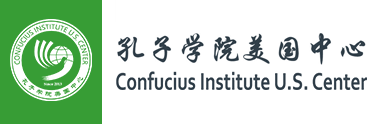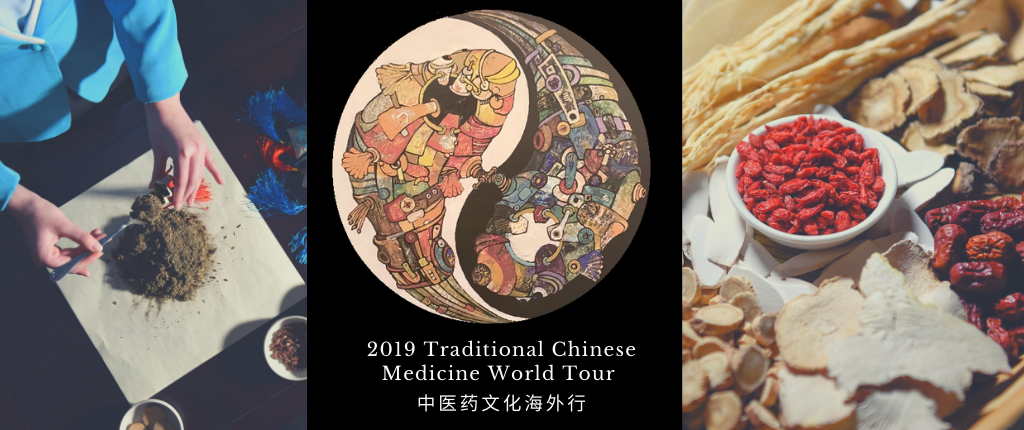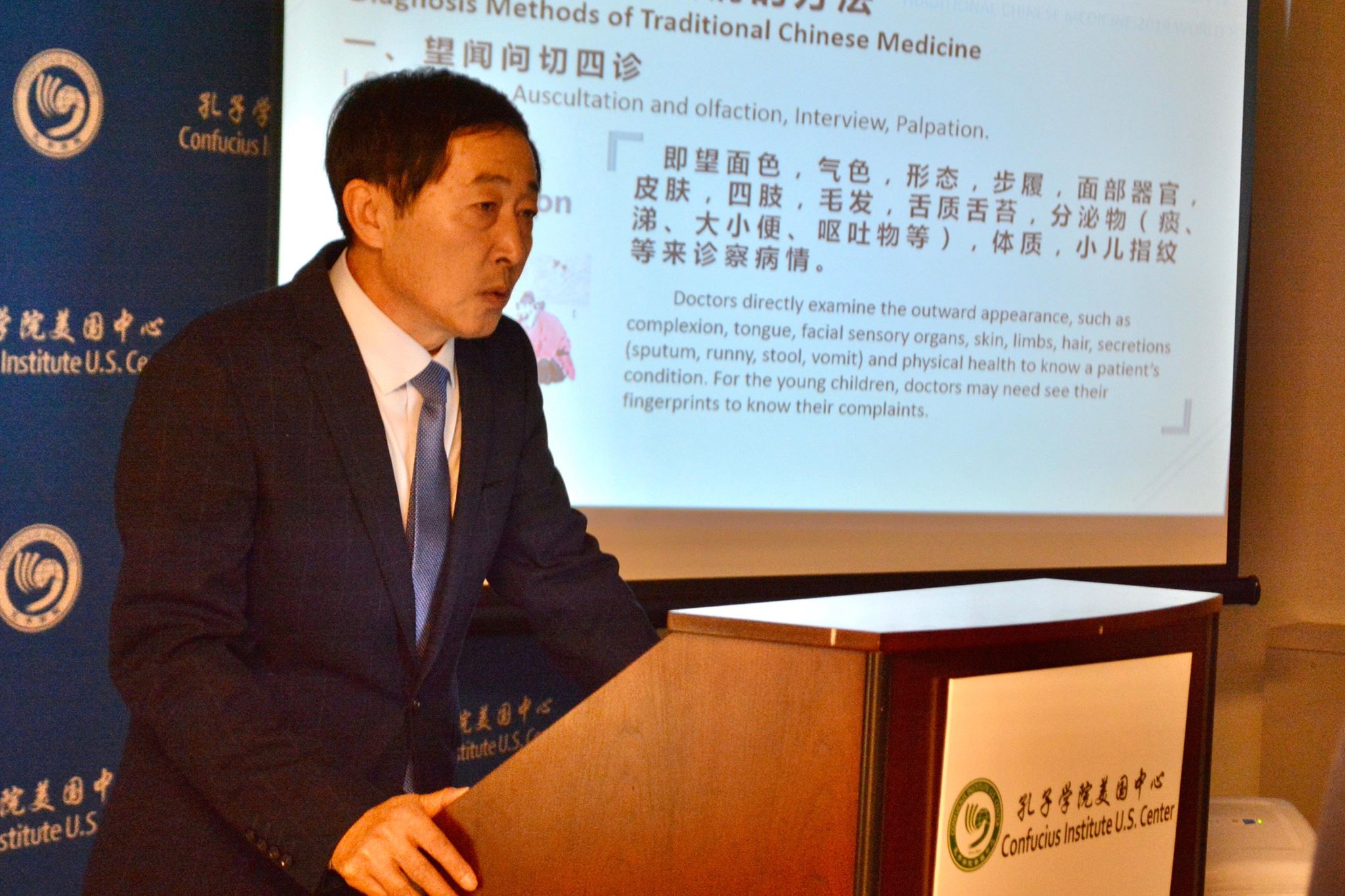Exploring Traditional Chinese Medicine
October 17, 2019
What can we learn from eastern approaches to wellness?
Traditional Chinese Medicine is based in over 3,000 years of history and combines elements of Chinese philosophies with methodologies and treatments that represent Chinese perceptions of life and relationship with nature. While Traditional Chinese Medicine is considered uniquely different from Western medical appraoches, practitioners in the field of TCM continue to produce research with potential to impact how we treat and understand a variety of common ailments.
In parternship with the Beijing Language and Culture Univeristy, we welcomed Dr. Wang Weiguo and Dr. Xu Ming, world- renowed Traditional Chinese Medicine practitioners, to share their expertise and insight on the longstanding practice. The evening began with a discussion on the differences between eastern and western approaches to diagnosing medical conditions. Speakers highlighted the importance of using a combination of observation, self-reporting, and vital readings to try and identify the root casuses of the illness or symptoms. Once identified, patients are given a personalized treatment often involving traditional herbs and therapeutic exercises.
Interestingly, many of the diagnosis methods have remained unchanged for thousands of years and have been passed down to modern times through Chinese poetry.
During the demonstration portion of the program attendees were shown the locations of five major acupoints in the body and learned how when done correctly, daily exercises targeting these acupoints can can prevent a range of common ailments such as neck, back and stomach pain.
To learn more about Traditional Chinese Medicine visit the links below.






